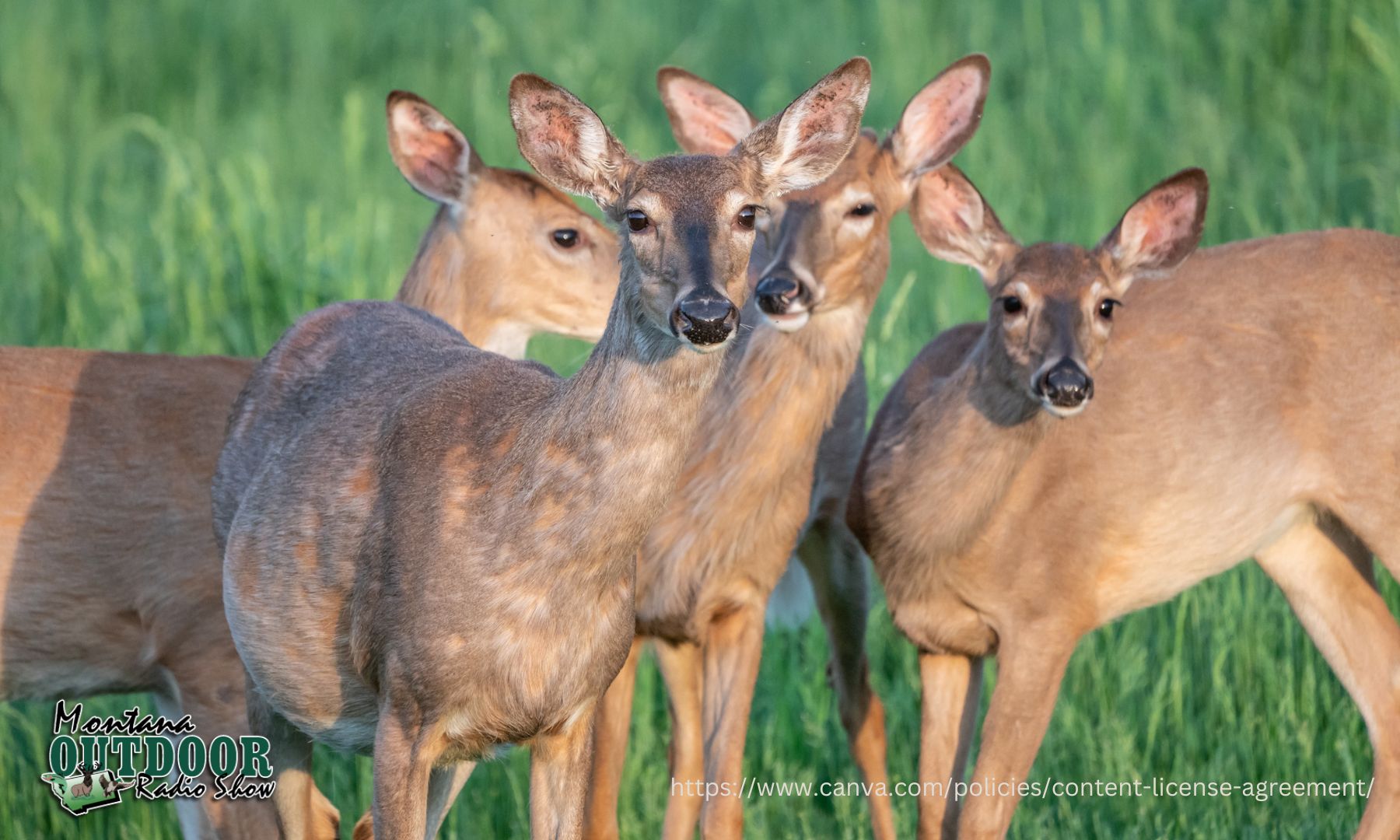It’s official. Florida now has its first official case of CWD. Oklahoma recently had its first deer test positive for the disease as well.
Take a look at the following press release from the Florida Fish and Wildlife Conservation Commission
FWC, FDACS and partner agencies activate chronic wasting disease response plan after disease detected in Florida white-tailed deer
The Florida Fish and Wildlife Conservation Commission (FWC) has confirmed that a road-killed 4.5-year-old female white-tailed deer in Holmes County sampled during routine surveillance activities has tested positive for chronic wasting disease (CWD). It is the first known case of CWD in Florida, a contagious disease of the brain and central nervous system that is fatal to deer. The first case of CWD in North America was described in mule deer in Colorado in 1967. Florida is the most recent of 31 states to detect the disease, which also has been confirmed in four Canadian provinces, Finland, Norway, Sweden and South Korea.
The FWC and its agency partners take CWD very seriously and have implemented a comprehensive response plan. As part of the plan, the FWC will collect samples from specific established zones to further assess the spread of the disease. The results from this initial sampling effort will inform resource managers so they can react with appropriate management strategies.
The FWC has been monitoring free-ranging deer since 2002 to detect CWD. During that time, the FWC has tested approximately 17,500 hunter-killed, road-killed and sick or diseased deer for CWD. In FY 2020-2021 in addition to funds generated by hunting permits, $266,000 was appropriated by the Florida Legislature to prepare the state’s comprehensive response to prevent the spread of CWD.
“With the continued support of Governor DeSantis, the Florida Legislature and hunters across the state, we have taken significant steps to prevent the spread of CWD,” said FWC Executive Director Roger Young. “Working with FDACS and our other partners, I’m hopeful that our combined efforts will limit the effects this will have on Florida’s deer population and preserve our exceptional hunting opportunities for future generations statewide.”
“We take very seriously our responsibility to prevent, detect, and respond to animal health issues in Florida – all to safeguard our agriculture industry and our world-renowned wildlife and natural resources,” said FDACS Commissioner Wilton Simpson. “Ensuring the health of Florida’s deer population is a team effort, and we will continue to work diligently with our state and federal partners to respond.”
The FWC is asking anyone who sees a sick, abnormally thin deer or finds a deer dead from unknown causes to call the CWD hotline, 866-CWD-WATCH (866-293-9282) and report the animal’s location.
Currently, there is no scientific evidence that CWD can be transmitted to humans or livestock under natural conditions. However, the Centers for Disease Control and Prevention do not recommend consuming meat from animals that test positive for CWD or from any sick animal. The FWC provides information about precautions people should take when pursuing or handling deer that may have been exposed to CWD.
CWD is a contagious disease believed to be caused by an abnormal protein called a prion. It is a fatal disease for all members of the deer family and is currently documented in white-tailed deer, mule deer, sika deer, elk, moose and caribou. Signs of the disease usually appear 1.5 to 3 years after initial exposure and can include extreme weight loss and abnormal behaviors such as listlessness, lowering of the head, inattentiveness toward people, walking in circles, staggering and standing with a wide stance.
Controlling the spread of CWD is difficult once it becomes established in a natural population. Because prions shed by infected deer persist in the environment, the best chance for controlling CWD is acting quickly after it’s been detected to prevent more animals from becoming infected. CWD can be transmitted directly – from animal to animal – or indirectly from the environment. Multiple management strategies will be employed to control the spread of the disease.
The FWC along with its partners – the Florida Department of Agriculture and Consumer Services, U.S. Department of Agriculture, U.S. Fish and Wildlife Service, Florida Department of Health, the Centers for Disease Control and Prevention, and the Southeastern Cooperative Wildlife Disease Study – will continue to update the public as more information becomes available. For more information, visit MyFWC.com/CWD.+-
-+




